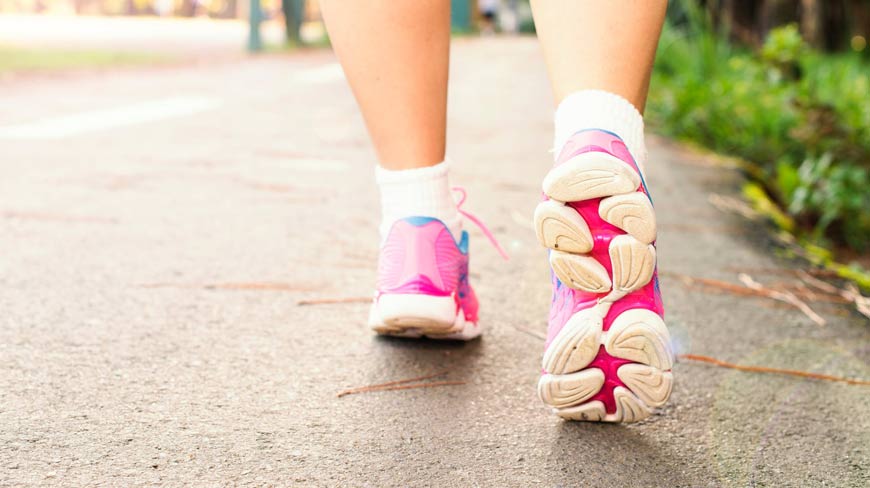5 Ways to Reduce Anxiety & Stress
An outbreak of a disease may be stressful. You may be feeling fear and anxiety as more cases of coronavirus, also known as COVID-19, are confirmed every day.
Some people may be feeling more stress than others. Some may also be at higher risk for COVID-19; children and teens; doctors, healthcare providers, and first responders; and people who have existing mental health conditions.
Stress during an outbreak of an infectious disease can manifest in many different ways, like fear and worry about your health and the health of your loved ones; changes in sleeping or eating patterns; difficulty sleeping or concentrating; worsening of chronic health conditions; increased use of alcohol, tobacco, or other drugs. Everyone processes stressful situations in different ways.
Positively coping with stress will make you feel better. Here are five ways to manage anxiety and stress as suggested by the U.S. Centers for Disease Control and Prevention (CDC).
1. Take breaks from the news
Continually consuming information about the pandemic can be upsetting. It is ok to turn off the television or put down your smartphone. It may be helpful to disengage from social media for a time.
2. Take care of yourself
Eat healthy, balanced meals, and make time for exercise. Try mediation and stretching. Taking a walk while maintaining social distancing can be helpful. Make sure you are getting enough sleep. Avoid alcohol and drugs.
3. Make time to unwind
Spend time doing things that you find relaxing, like reading, cooking, or doing puzzles.
4. Connect with others
Reach out to trusted friends and family and share your concerns and feelings. You may be feeling isolated right now, and it’s important to remain engaged with the people you care about.
5. Know the facts about COVID-19
- Most people are not at immediate risk of becoming seriously ill from COVID-19. Older adults and people with chronic medical conditions may be at higher risk.
- People who have completed quarantine or those released from isolation are not contagious.
- There are simple things you can do to prevent the spread of the virus. Practice proper handwashing. Use soap and warm water and scrub for 20 seconds. If soap and water are not available, use a hand sanitizer with at least 60% alcohol. Avoid touching your face with unwashed hands. Stay home when you are sick. Cover your cough or sneeze with a tissue, and then dispose of the tissue.
- Symptoms of COVID-19 include fever, cough, and shortness of breath. Contact your primary care physician if you develop symptoms and you have been in contact with someone you know has COVID-19 or you live in or have recently visited an area with the ongoing spread of COVID-19.
Sharing facts about COVID-19 may help you connect with others and lower their stress, too.


